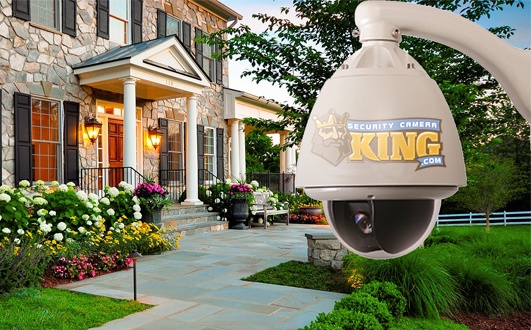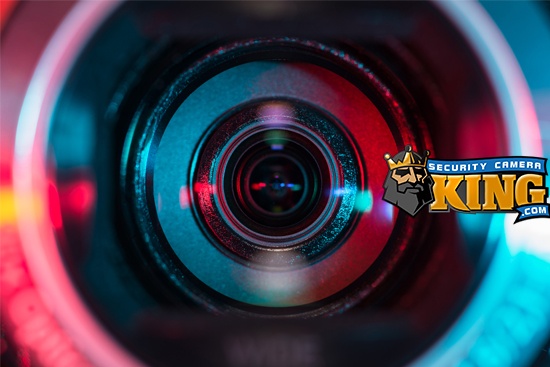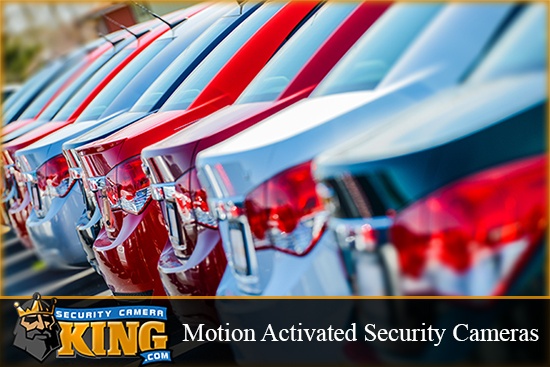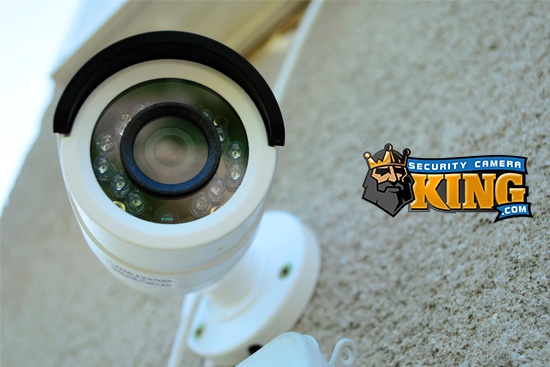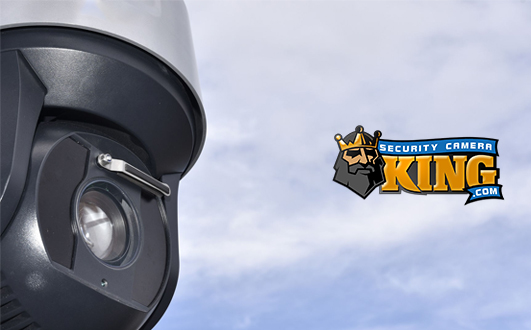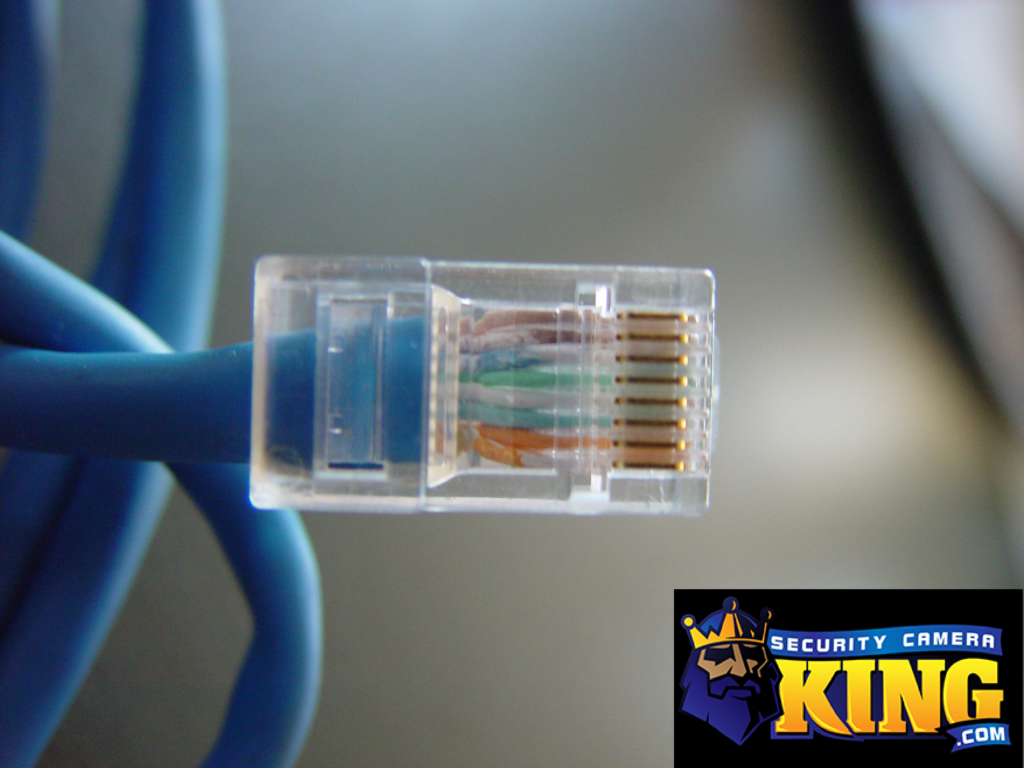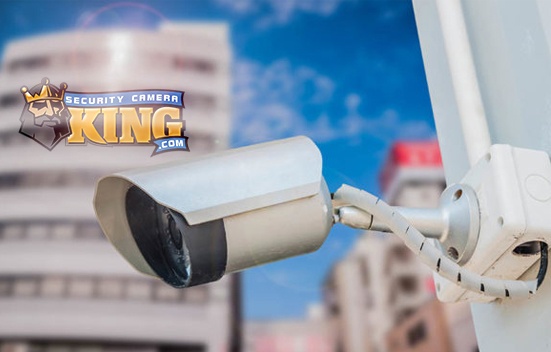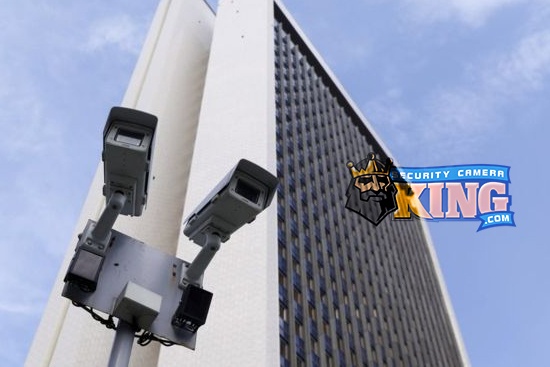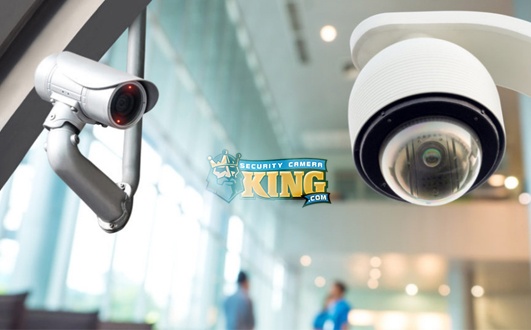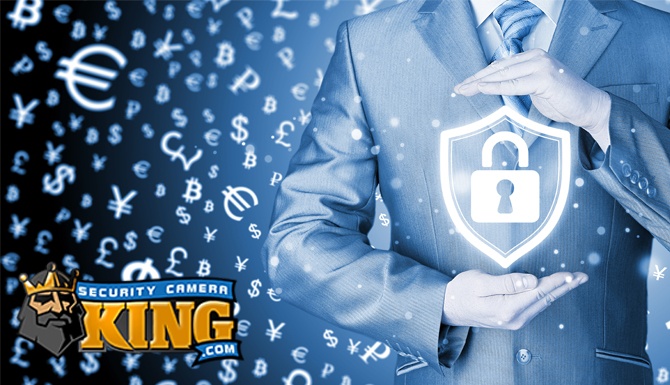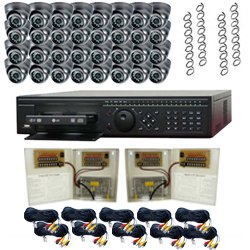 Nothing has more “global” access in the digital video security camera industry than an Internet security camera system. The outreach available for use and/or monitoring has been extended even further with the increased technology in cell phones, namely 3G and 4G broadband Internet access. In the following article we’ll take a look at some Internet security camera systems and how they work.
Nothing has more “global” access in the digital video security camera industry than an Internet security camera system. The outreach available for use and/or monitoring has been extended even further with the increased technology in cell phones, namely 3G and 4G broadband Internet access. In the following article we’ll take a look at some Internet security camera systems and how they work.
First, let’s make sure we understand how a “non-Internet” security camera system works. In this type of system, digital video security and surveillance cameras capture video footage and send the video data to the Digital Video Recorder or DVR. The DVR stores the video on a hard disk drive (HDD) just like the HDD found in a personal computer. In addition the DVR may also display the video in real-time (live) on one to many monitors for surveillance purposes.
The digital video camera is responsible for capturing a light image and transforming it into an electronic image. It does this by using a lens to focus what can be a large field of vision onto a small electronic sensor which usually ranges in size from 1/4 inch to 1/2 inch square.
One of two different sensor chips is used for this purpose. They are the Charged Coupled Device or CCD and the Complementary Metal Oxide Semiconductor or CMOS. When light strikes these sensors they emit electrical charges which can be measured and used to create a video image. The data that is created by these chips is actually analog in form until it passes through an analog-to-digital converter chip. Another highly specialized electronic chip called a Digital Signal Processor or DSP insures the integrity of the data and may make any corrections that are necessary.
At this point, the camera passes the digital data along to the Digital Video Recorder or DVR whose job is to record the data and store it as mentioned above. It does this by compressing the file into a fraction of its original size but still managing to maintain a high quality. It does this by using a COmpression/DECompression or CODEC utility.
An Internet security camera system is very similar to this type of system, however once the data becomes digital, it opens up a whole new world of possibilities, especially including the use of the Internet. There are basically two types of Internet security camera systems. One system consists of cameras that are Internet compatible also called Internet Protocol ready or IP ready. The other system consists of a DVR that has its own Web server technology and is called IP ready as well.
IP ready cameras contain their own web server technology so that they maybe connected to the Internet. Instead of sending their digital data directly to a DVR, they send their data via the Internet to anywhere there is a client that wants to access the information. Generally these cameras use two CODECs at once. Many of the cameras pass the information on to the DVR using the MJPEG CODEC while streaming the information via the Internet for live viewing using the latest CODEC H.264.
These cameras may direct their video via the Internet to a specific type of DVR that is designed for this purpose which is called a Network Video Recorder or NVR. One of the advantages of this system is that multiple cameras in multiple locations can be recorded by the NVR. These locations can be widespread, such as two or more commercial facilities that are located in two different cities. An Internet security camera system of this type can lend itself to all sorts of networking possibilities.
Another type of Internet security camera system exists where the DVR is the IP ready device and it takes care of all Internet related inquiries. In this system, the cameras are not IP ready and they send all of their digital data to the DVR. The DVR then contains its own Web server technology and allows a client access to the system through the DVR. All of Security Camera King’s featured DVRs have these feature built in to the DVR.
This internet security camera system records the video locally on the DVRs HDD, but it allows a user to control the DVR and in many instances, even the cameras (for example, PTZ movements) remotely. As a matter of fact, these systems can ever be monitored and controlled using a smartphone and 3G or 4G Internet technology.


